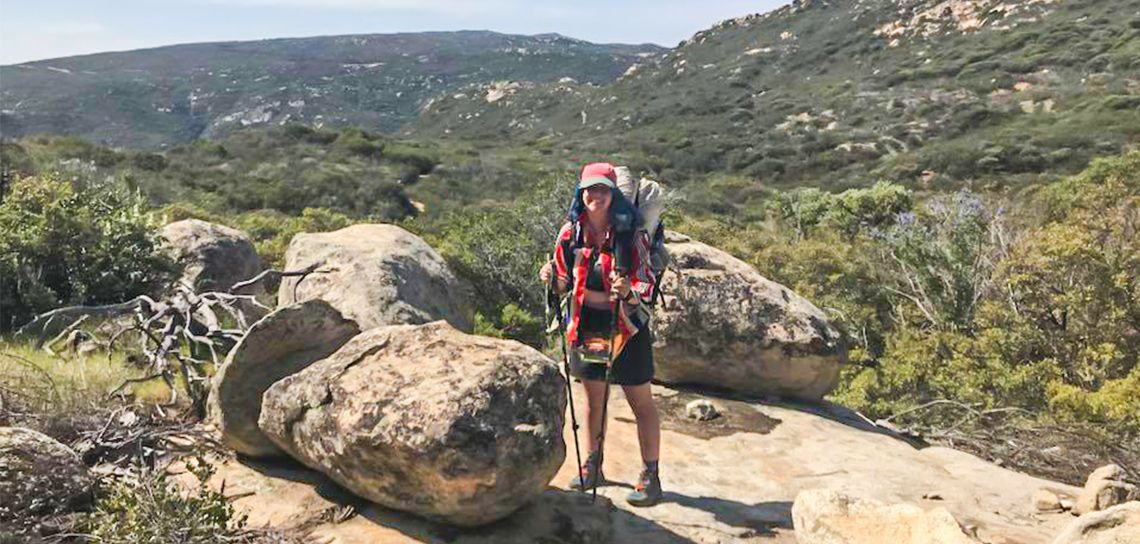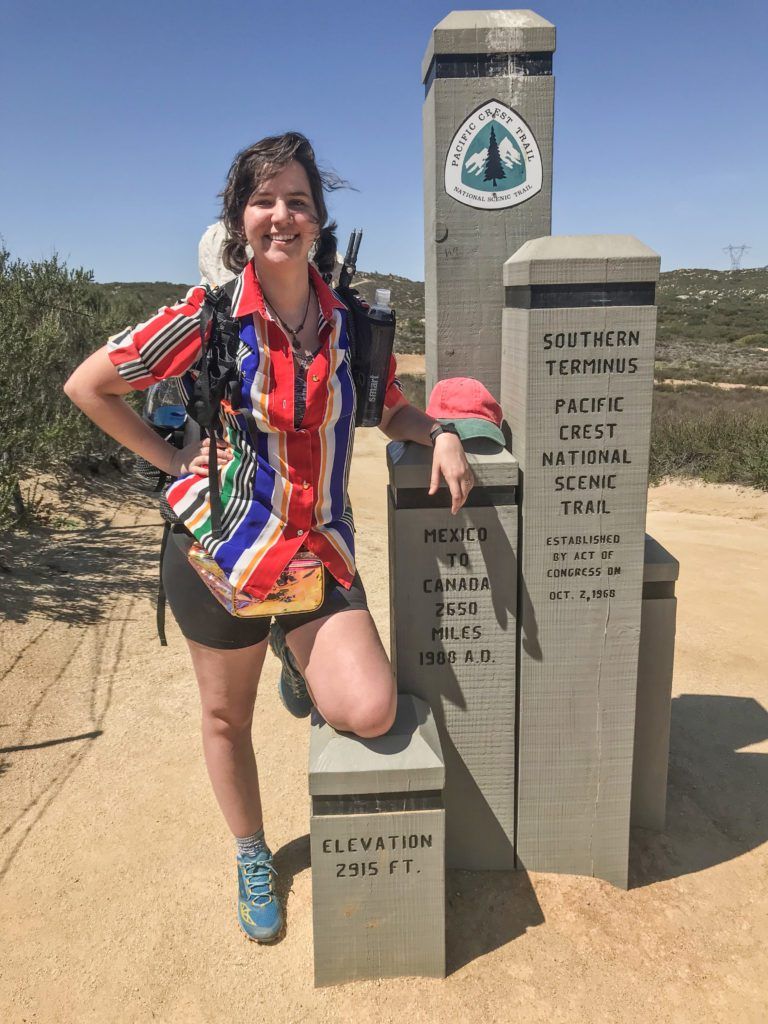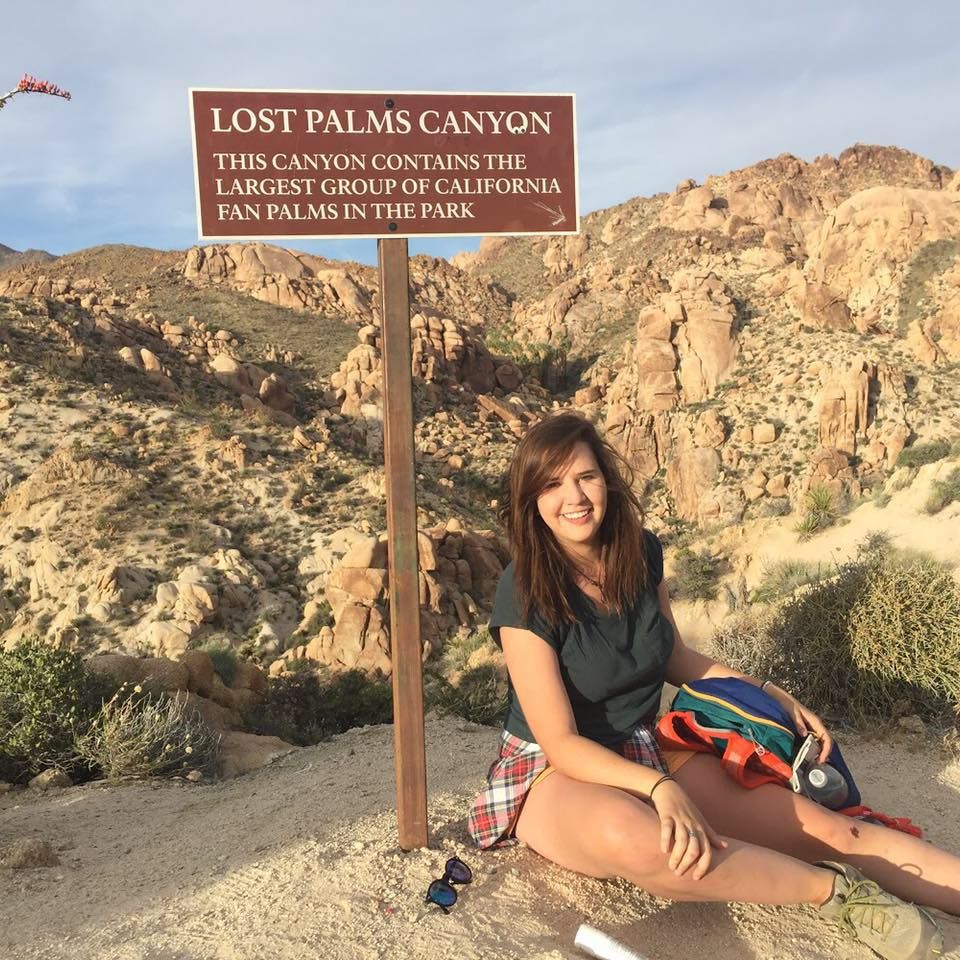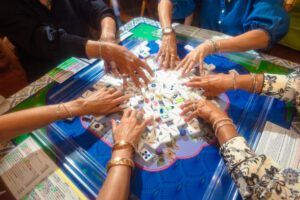Kristen Landreneau takes the scenic route through California
Avid traveler Kristen Landreneau never imagined she’d face a natural disaster on the road.
But that was the case in 2017 when she and her then boyfriend found themselves in a Cascade Locks, Oregon, campground staring up at a plume of gray smoke rising from a nearby mountain.
The couple didn’t sleep that night as they watched the monster forest fire, caused by a teenager lighting fireworks, advance through the Columbia River Gorge. The town was forced to evacuate to the nearby city of Hood River, she says.
None of the hikers had vehicles, but luckily someone visiting friends at the campground offered rides to the stranded. “Thankfully, people out there know that there are hikers around, so they aren’t afraid to pick you up even though you’re dirty and have backpacks,” Landreneau says. “Because we wouldn’t have been able to get out of a bad situation without hitchhiking.”
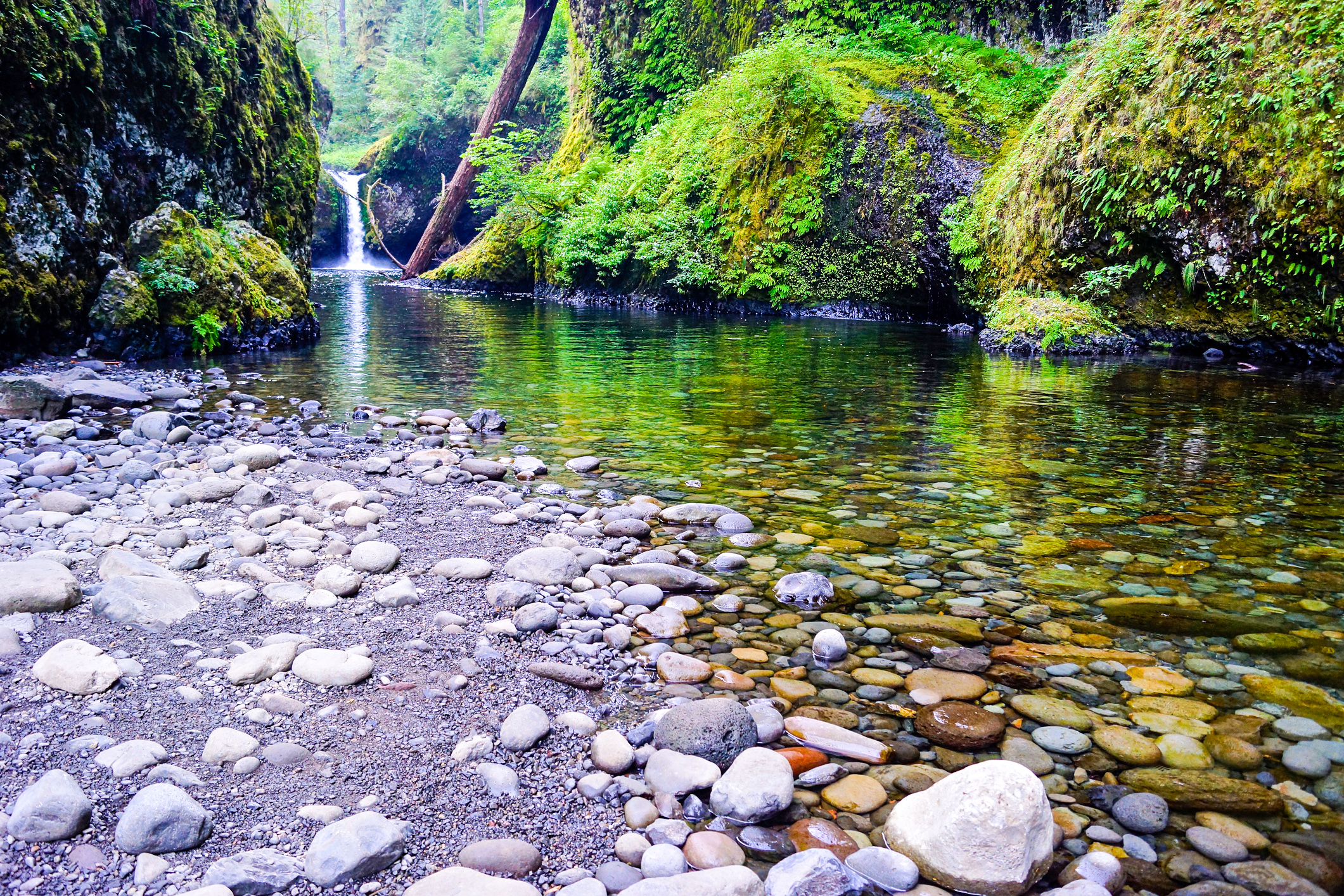
Landreneau depended on the kindness of strangers and acquaintances often throughout her travels to the western United States, where she hiked a portion of the 2,650-mile Pacific Crest Trail, a route running from the U.S./Mexico border to Canada through desert, mountains and forests. But she also depended on herself and learned more than she ever thought possible. “It made me feel a lot more independent,” she says, “knowing that I could actually do something like that and navigate the world without the help of really anybody.”
Landreneau, 25, says her hunger for travel began during family summer trips out west, where she fell in love with hiking and the mountains. As part of a St. Joseph’s Academy and Catholic High School technology mission trip in 2011, she helped build a computer lab in Nelspruit, South Africa, and went on safari in Kruger National Park. And while attending LSU, she spent a summer studying in Germany.
But it was her more recent experiences out west and her hike up the Pacific Crest Trail that Landreneau credits for changing her life. “I’m a completely different person than I was two years ago just from traveling and meeting people,” Landreneau says. “It’s kind of what life is about.”
In the summer of 2017, Landreneau accompanied her boyfriend on a camping road trip where he would attempt to hike the Pacific Crest Trail. The pair visited Zion National Park in Utah, the Colorado National Monument, and Joshua Tree National Park in southern California. They traveled up to Oregon, where they saw the solar eclipse in full totality.
When Landreneau’s boyfriend injured himself and did not complete the trail, they vowed to return the following year. In April 2018, they started out together walking the trail in the deserts of southern California.
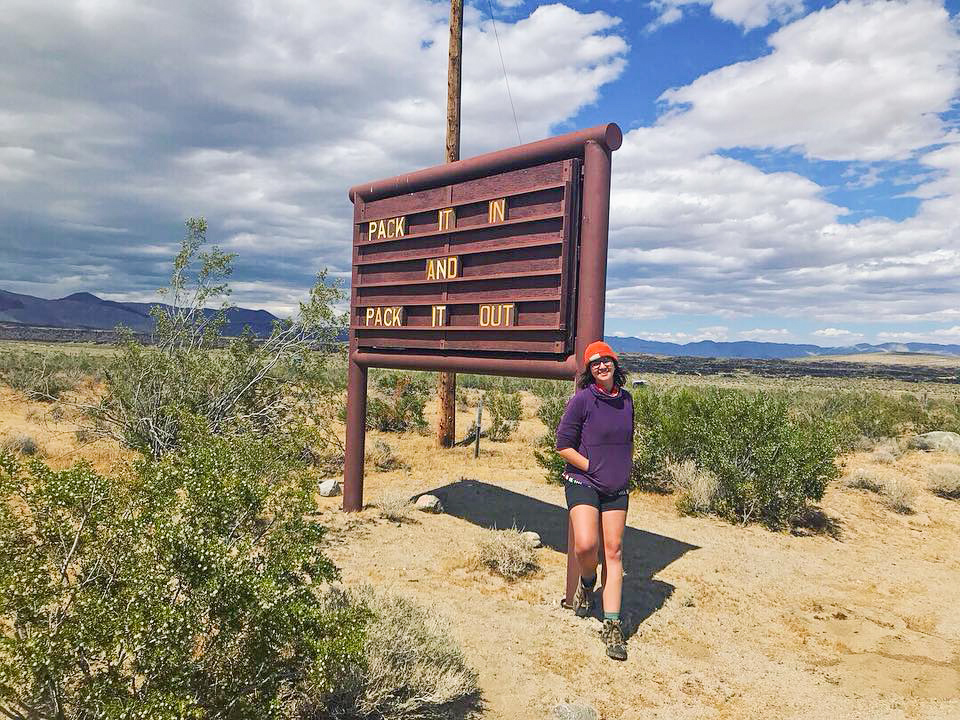
The most they walked was 25 miles a day, but soon Landreneau was sidelined by debilitating plantar fasciitis. She tried to continue, but the pain was so excruciating that she ended her journey in Wrightwood, California, about 360 miles from the Mexican border.
But Landreneau wasn’t ready to come home. She stayed out west another two months, exploring and working at a horse farm in Oregon, and then she returned to the Pacific Crest Trail in Cascade Locks. But a solo hike proved her feet weren’t ready to get back on the road, and she returned home to Baton Rouge.
Landreneau says she loved the independence she felt while hiking and never felt more free. “You do a lot of soul searching whenever you’re traveling because you’re just kind of learning about yourself,” she says.
She urges other would-be travelers to not get sidetracked by what-ifs or worries. “Do it,” she says. “A lot of people are very scared of doing stuff like that or think they can’t. If you want to do it, you can find a way.”




